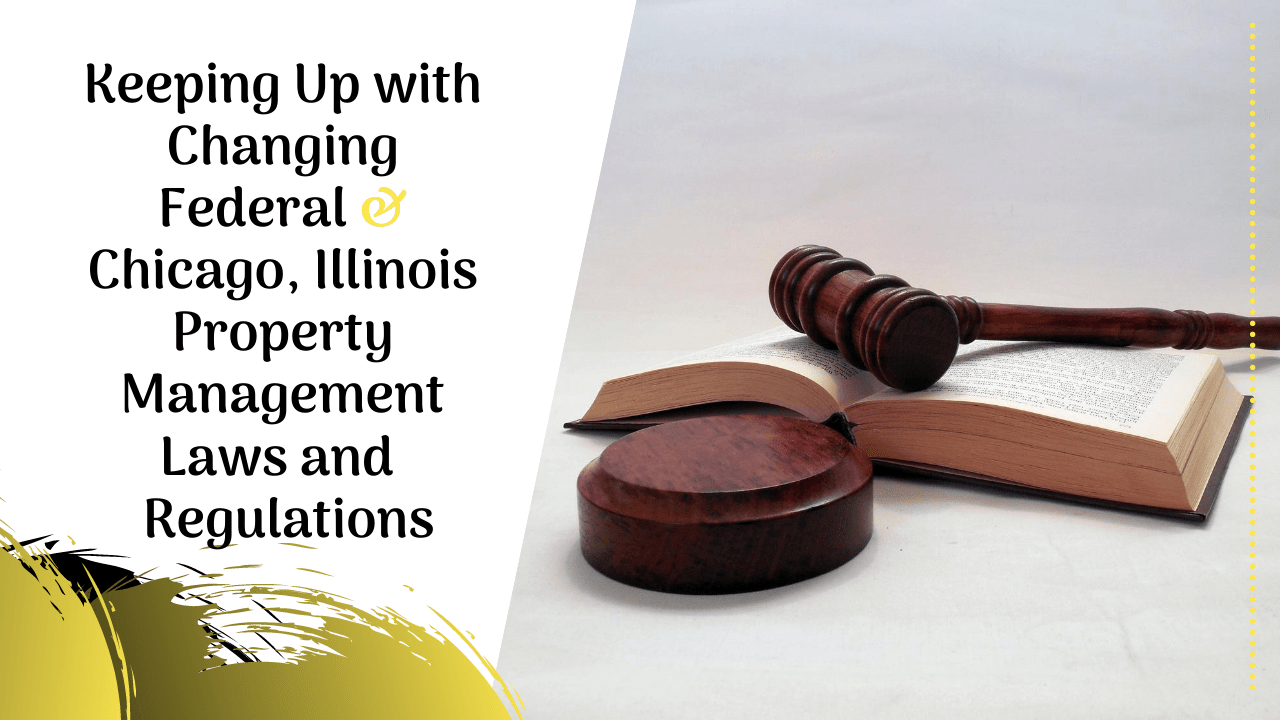Renting out a property in Chicago means following all the state, federal, and local laws that dictate the relationship you have with your tenants and the habitability standards you must meet. It’s easy to make a mistake, and legal mistakes are often expensive. We see a lot of self-managing landlords make mistakes because they don’t know the law or they don’t know how it applies to their property.
Before you begin looking for a tenant and collecting rent checks, make sure you’re familiar with all the laws and requirements that pertain to your investment. If you’re not sure about the law, make sure to talk to a
professional Chicagoland property manager
or an attorney.
Federal Laws: Fair Housing and ADAMost of the federal laws that affect renting out your property are related to fair housing, discrimination, and credit reporting rules. The main law you need to concern yourself with is the Fair Housing Act. This law sets up protections for seven tenant classes. You aren’t allowed to discriminate against anyone based on race, color, religion, national origin, sex, familial status, or disability.
The best way to ensure you’re following all fair housing laws is to treat everyone consistently and to develop written policies. You should have standard rental criteria, checklists, and processes in place. Fair housing laws now include service animals and emotional support animals. You’ll need to know how those differ from pets.
The Fair Credit Reporting Act is also specific about what you can and cannot do with the personal and financial information you collect not only from your current tenants but from those who applied for your home and were denied.
State and Local Laws: Security Deposits
The Security Deposit Return Act sets forth the requirements for security deposits in Illinois, but the laws in Chicago are even stricter. The local Chicago law is the Residential Landlord and Tenant Ordinance (RLTO). This law requires you to pay interest on your tenant’s security deposit every year, and you also have to return it within 45 days of your tenant moving out. You must keep the deposit separate from your own funds and provide receipts for any money that was used to pay for damage after the tenant moves out.
The penalties for violating a tenant’s security deposit rights are pretty steep, and you can also be held responsible for their attorney fees.
HOA Rules and Regulations in Chicagoland








